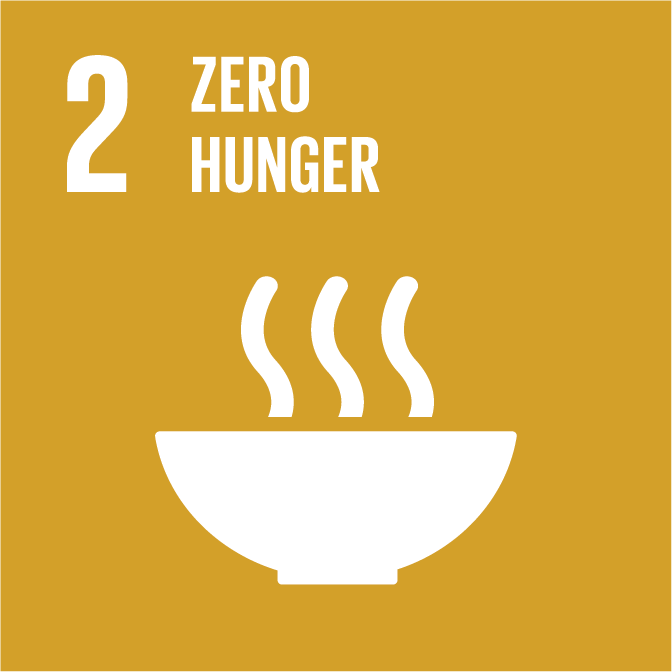Topic outline
This course was created with Adobe Flash technology. Since this technology is no longer supported by modern internet browsers, the online version was removed. The downloadable version and content of the course (text only) are still available. In order to access them, please read the instructions in the System requirements section below.
The course explains the organization and operation of the Codex Alimentarius Commission and its subsidiary bodies and the process of developing international food standards. It also explains how to strengthen national Codex programmes and receive FAO/WHO scientific advice.

The course is useful for National Codex Contact Points, Government Officials, Representatives of food industry, consumer groups, Codex Observer organizations, and Beneficiaries of the FAO/WHO Trust Fund for Participation in Codex.
- Structure, rules, procedures and processes of the Codex Alimentarius Commission
- Benefits and obligations of being involved in Codex activities
- Relationship between Codex and the World Trade Organization
- Functions of Codex Contact Points and national Codex structures
- How to select national delegations and prepare national positions
- Scientific advices on Codex standards elaboration
- Risk analysis and its importance to Codex
- How specific FAO/WHO expert bodies and relevant Codex Committees interact
The course consists of 13 lessons, ranging from approximately 20 to 50 minutes duration each, grouped into four units:
Unit 1 - Establishing and maintaining national Codex activities- Lesson 1.1 - What is Codex
- Lesson 1.2 - Why Codex is important
- Lesson 2.1 - How Codex is organized
- Lesson 2.2 - How Codex committees function
- Lesson 2.3 - How Codex elaborates standards
- Lesson 2.4 - Format for Codex standards
- Lesson 2.5 - Understanding and organizing Codex documentation
- Lesson 2.6 - Relationship between Codex standards and WTO
- Lesson 3.1 - Functions of a national Codex Contact Point
- Lesson 3.2 - How to develop national positions on Codex issues
- Lesson 3.3 - Selecting national delegations
- Lesson 4.1 - Risk analysis in the framework of Codex
- Lesson 4.2 - Provision of scientific advice
The interactive version of the course is available as a downloadable package and only runs on Windows PC’s and doesn't require any additional software. Please read the following instructions.
The content of the course is also available in text format (pdf).
Evaluate this course
We would be pleased to receive your evaluation of this course, to support us in improving future e-learning courses. Please click on the button below to answer the questions in the form. It should only take you a few minutes!

